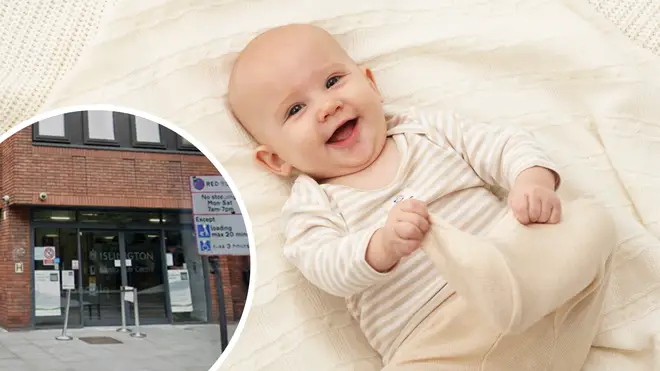
Ian Payne 4am - 7am
23 May 2022, 13:27

A London council has shared a poster announcing that babies as young as three months old can be racially biased.
Labour-run Islington council's early years department shared a graphic titled "Children are never too young to talk about race".
The poster, made by the Children's Community School but shared by the Islington Early Years Twitter page, details how racial biases develop in children as they age, quoting research from the early 2000s.
"At three months, babies look more at faces that match the race of their caregivers," the poster reads.
Read more: I'm no homewrecker, insists tearful Ukrainian refugee who ran off with host after a week
Read more: Children suffer from food poisoning as parents switch fridges off to save on energy bills
It then said that children as young as two "use race to reason about people's behaviours".
By age two and a half, the poster says, the majority of children will use race to determine which other children to play with.
It then says that "expressions of racial prejudice" peak at around four of five years old, at which point "white children are strongly biased in favour of whiteness" and have "learned to associate some groups with higher status than others".

Tom Swarbrick challenged over racism
When making the claim about three-month-olds, the poster cited research carried out in 2005.
The research found that newborn babies did not demonstrate a preference for the ethnicity of their caregivers, but by three month old they appeared to have "learned" to.
Researchers said the data suggested that adults' perception of racial differences are influenced by the ethnicities they see in the first few months of their lives.
Read more: Nurse, 27, arrested over 'fatal poisoning of child' in Birmingham Children's Hospital
Read more: No bunting on lampposts and devise counterterrorism plans, street party organisers told
The authority has been criticised on Twitter for sharing the post.
One person branded it "bonkers".
Another said the research was "as scientific as witchcraft itself".
Another wrote: "This is the most egregious example of incitement of racial hatred that I have seen in years."